
 E-mail:
voyage@voyagehndr.com
E-mail:
voyage@voyagehndr.com

BLOG
Top 5 Electric Rebar Tying Tools for Efficient and Fast Construction
In the ever-evolving construction industry, efficiency and precision are paramount, particularly in tasks such as rebar tying.
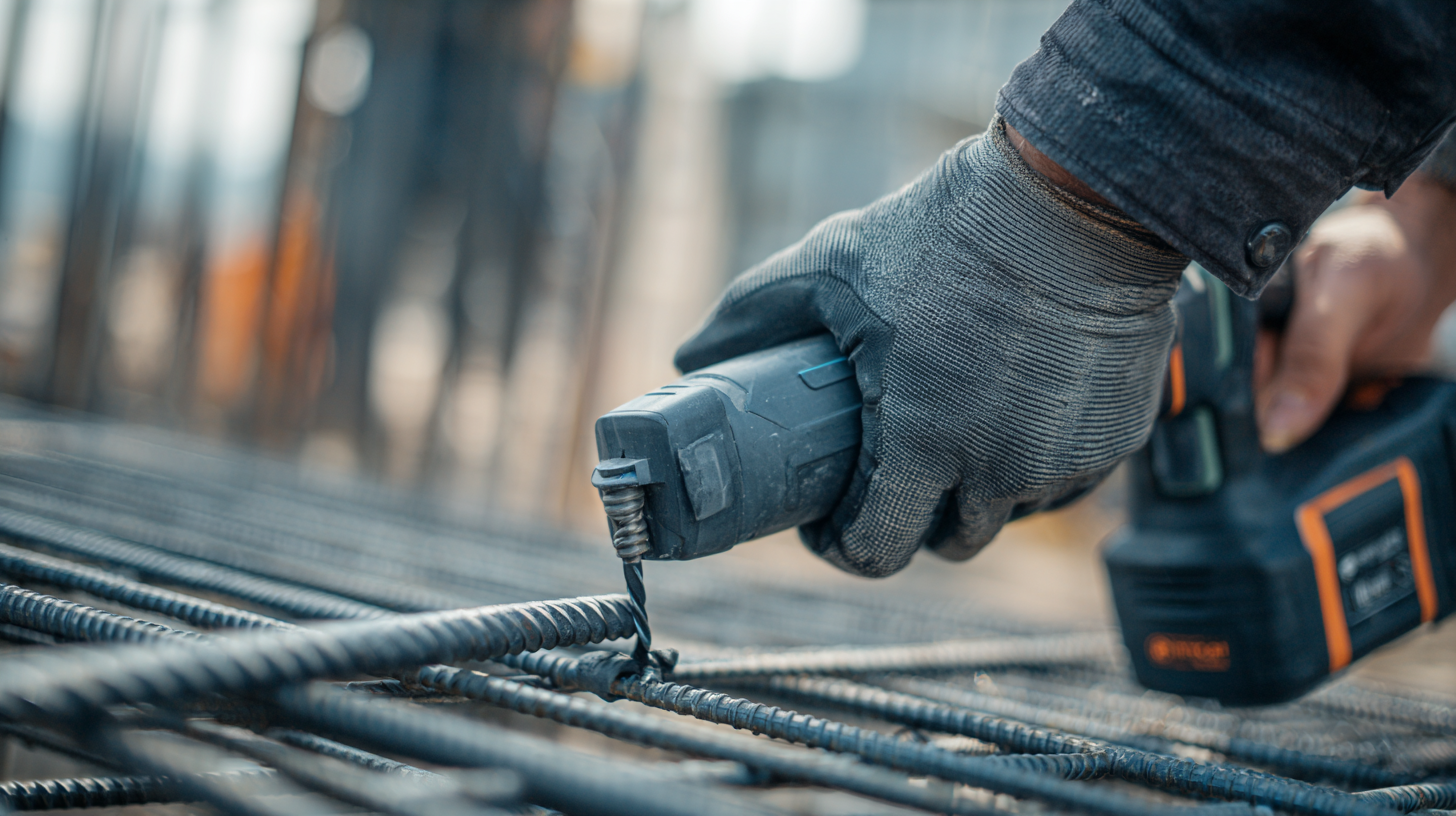 Electric Rebar Tying Tools have emerged as a game-changer, significantly enhancing productivity on job sites.
According to industry expert John Miller, a leading figure in construction technology innovation,
"The introduction of Electric Rebar Tying Tools has revolutionized the way we approach rebar assembly, allowing for faster and more reliable work,
saving both time and labor costs."
Electric Rebar Tying Tools have emerged as a game-changer, significantly enhancing productivity on job sites.
According to industry expert John Miller, a leading figure in construction technology innovation,
"The introduction of Electric Rebar Tying Tools has revolutionized the way we approach rebar assembly, allowing for faster and more reliable work,
saving both time and labor costs."
With advancements in technology, these tools are designed to automate the tying process, reducing reliance on manual labor and minimizing the risk of errors. This not only streamlines operations but also ensures a robust and durable foundation for any construction project. In this article, we will explore the Top 5 Electric Rebar Tying Tools that are setting new standards in efficiency and speed, helping construction professionals elevate their work to new heights. Whether you are a contractor or a project manager, understanding the capabilities of these tools is essential for optimizing your construction practices today.
Top 5 Electric Rebar Tying Tools for Rapid Project Completion
In the fast-paced world of construction, timely project completion is critical, and electric rebar tying tools play a vital role in achieving efficiency. According to a report by the National Association of Home Builders, using advanced tying tools can reduce labor costs by up to 30%, significantly impacting project budgets and timelines. Electric rebar tying tools streamline the tying process, allowing workers to secure rebar quickly and accurately without the physical strain associated with manual methods.
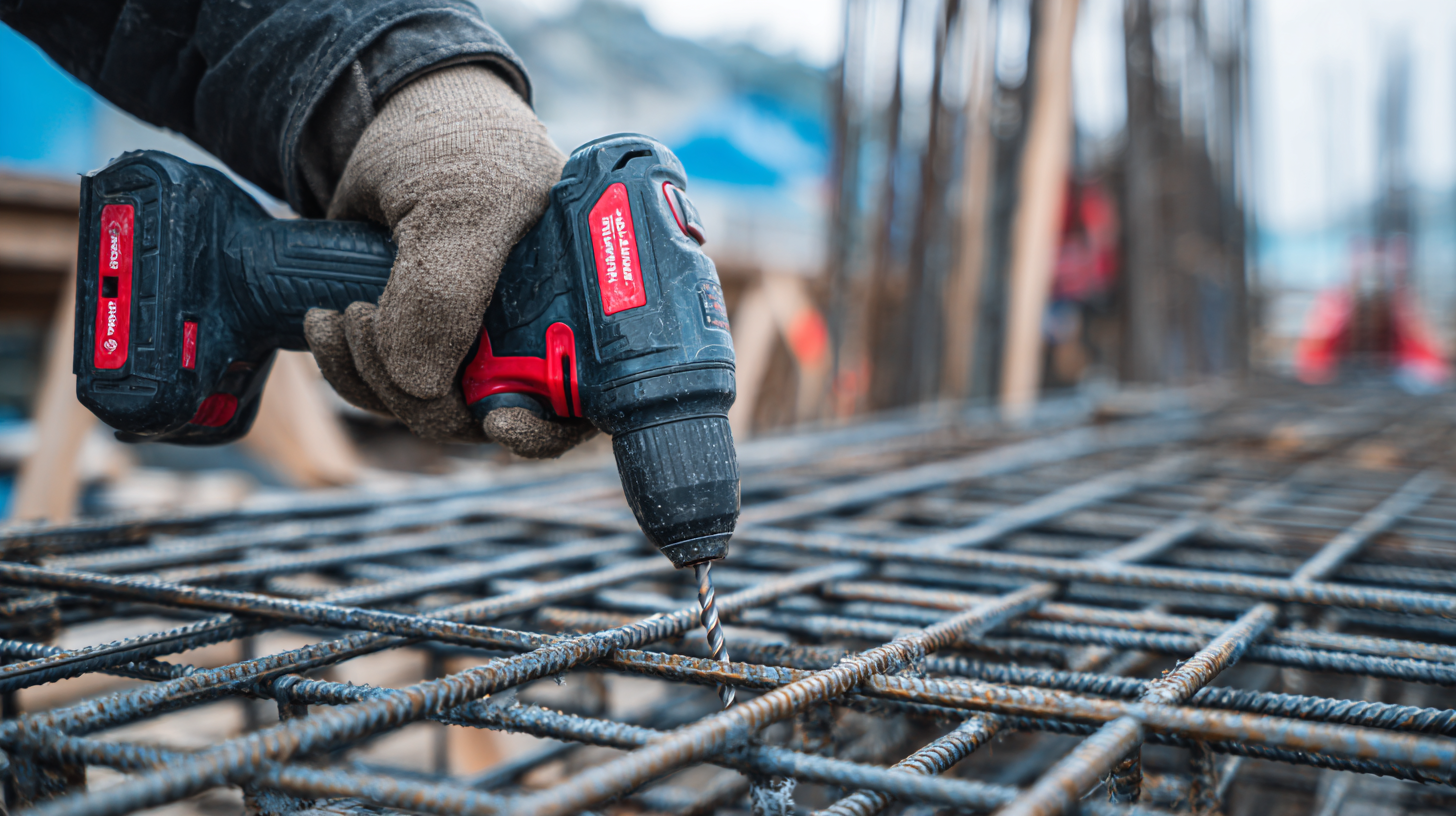 The latest electric rebar tying tools offer features such as adjustable tension settings and automatic wire feeding, which enhance the tying process, leading to faster project completion. A study by the American Concrete Institute shows that projects utilizing electric tools finish an average of 25% quicker than those relying solely on manual tying techniques. This acceleration not only meets tight deadlines but also increases overall job site productivity, demonstrating the value of incorporating innovative tools in contemporary construction practices. With the demands for speed and efficiency in construction higher than ever, the adoption of electric rebar tying tools is proving to be a game-changer for contractors and builders alike.
The latest electric rebar tying tools offer features such as adjustable tension settings and automatic wire feeding, which enhance the tying process, leading to faster project completion. A study by the American Concrete Institute shows that projects utilizing electric tools finish an average of 25% quicker than those relying solely on manual tying techniques. This acceleration not only meets tight deadlines but also increases overall job site productivity, demonstrating the value of incorporating innovative tools in contemporary construction practices. With the demands for speed and efficiency in construction higher than ever, the adoption of electric rebar tying tools is proving to be a game-changer for contractors and builders alike.
Best Practices for Utilizing Electric Rebar Tying Tools Efficiently
When utilizing electric rebar tying tools, efficiency is key to ensuring a smooth construction process. One best practice is to familiarize yourself with the tool’s settings and features. Adjusting the tension settings according to the rebar size can significantly improve the tying speed and precision. It’s essential to practice on scrap rebar first to master the handling and ensure you are comfortable with the tool’s operation.
Another important tip is to organize your workspace. Keep all necessary materials within reach to minimize downtime while working. This includes having rebar arranged and ready for tying, along with extra tying materials close at hand. A clean and organized site not only enhances safety but also allows for continuous workflow, which is vital in meeting deadlines on construction projects.
Lastly, ensure that the tools are well-maintained and charged before use. Regular maintenance checks can prevent unexpected breakdowns that could delay a project. Training your team to recognize signs of wear or malfunction can also lead to better productivity. By following these best practices, you can maximize the efficiency and effectiveness of your electric rebar tying tools, leading to faster and more precise construction outcomes.
Top 5 Electric Rebar Tying Tools Efficiency Comparison
This bar chart compares the tying speed of the top 5 electric rebar tying tools based on ties per minute. Tool E exhibits the highest efficiency at 28 ties per minute, making it the most effective option among the listed tools.
Innovative Features to Look for in the Best Electric Rebar Tying Tools
When selecting the best electric rebar tying tools, innovative features play a crucial role in enhancing efficiency and user experience. Look for tools with adjustable tying speeds, which allow adaptability for various project scales and rebar sizes. An ergonomic design is essential for prolonged use, as it ensures comfort and reduces fatigue, enabling workers to maintain productivity throughout the day.
Additionally, consider tools equipped with advanced battery technology. Long-lasting batteries minimize downtime, ensuring construction projects remain on schedule. Some models even include smart indicators that alert users when it’s time to recharge, enhancing workflow management. Other useful features might include a compact design for easy maneuverability in tight spaces, and automatic tying mechanisms that increase speed and accuracy in fastening rebars. These innovations collectively contribute to a significant improvement in construction efficiency and effectiveness, making them indispensable in modern building practices.
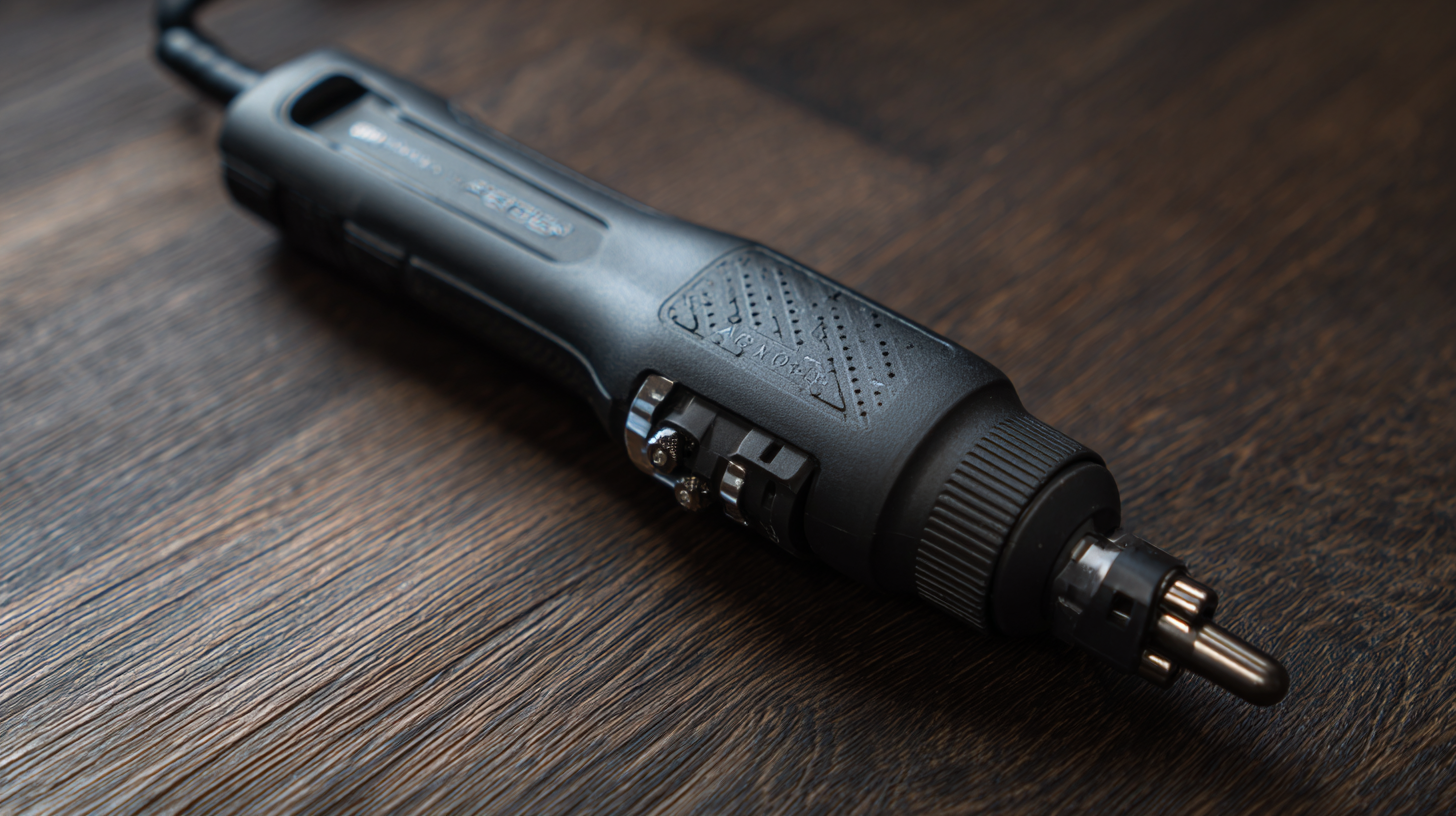
Comparative Analysis of Leading Electric Rebar Tying Tool Brands
In the fast-paced world of construction, the efficiency of rebar tying can significantly impact project timelines and labor costs. Recent industry reports indicate that using electric rebar tying tools can reduce tying time by up to 90%, enhancing productivity on job sites. Among the leading brands, tools from manufacturers like MAX and Dewalt stand out for their durability, ease of use, and time-saving features. MAX's RB398T, for example, boasts a tying speed of 0.9 seconds per tie, allowing crews to complete more work in less time compared to traditional methods.
When selecting an electric rebar tying tool, consider the type of jobs you typically undertake. The weight and portability of the tool can greatly affect usability. Lighter models, such as the Everlast Rebar Tying Tool, are perfect for vertical applications, while heavier-duty machines are better suited for large-scale projects.
Tips: Always assess the battery life and charging time of the tools, as a battery that drains quickly can lead to costly delays. Additionally, it's wise to review the maintenance requirements; a tool that is easy to service can ensure longer lifespan and reliability on the job.
User Reviews: Top Recommendations for Electric Rebar Tying Tools
When it comes to efficient and fast construction, electric rebar tying tools have become indispensable for builders. User reviews highlight a range of features that make these tools suitable for both professional contractors and DIY enthusiasts. Many users praise the ease of use that electric rebar tying tools offer, allowing even inexperienced workers to achieve tight and secure ties quickly. The convenience of reducing manual labor often translates to increased productivity on job sites.
Another notable aspect mentioned in user reviews is the reliability and durability of these tools. Builders appreciate models that maintain performance over extended periods, even in tough working conditions. Feedback often emphasizes the importance of battery life and the ability to handle various rebar sizes effectively. Users frequently recommend brands that combine robust construction with ergonomic designs, making long hours of work more manageable. Consequently, the consensus among users illustrates that choosing the right electric rebar tying tool can significantly enhance workflow and efficiency during construction projects.
Related Posts
-

Maximizing Efficiency with the Latest Automatic Rebar Tying Tool Technology
-

Revolutionizing Construction: How Stand Up Rebar Tying Tools Enhance Efficiency and Safety
-

The Ultimate Guide to Boosting Construction Efficiency with a Stand Up Rebar Tying Machine
-
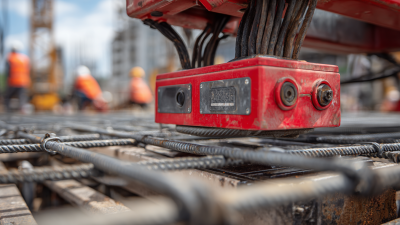
Top 7 Automatic Rebar Tying Machines for Effortless Construction in 2023
-
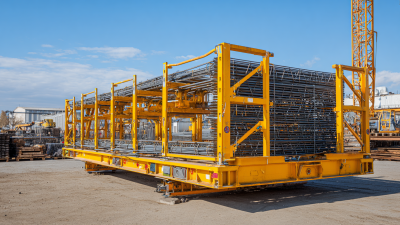
2025 Top 10 Max Rebar Tier Machines: Optimize Your Rebar Tying Efficiency with Industry Insights
-
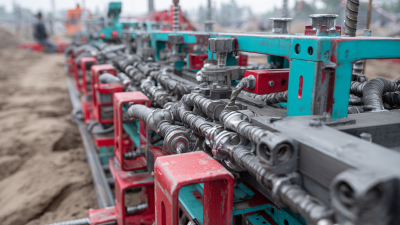
Revolutionizing Construction: How Electric Rebar Tying Machines Boost Productivity by 50% in Modern Projects
